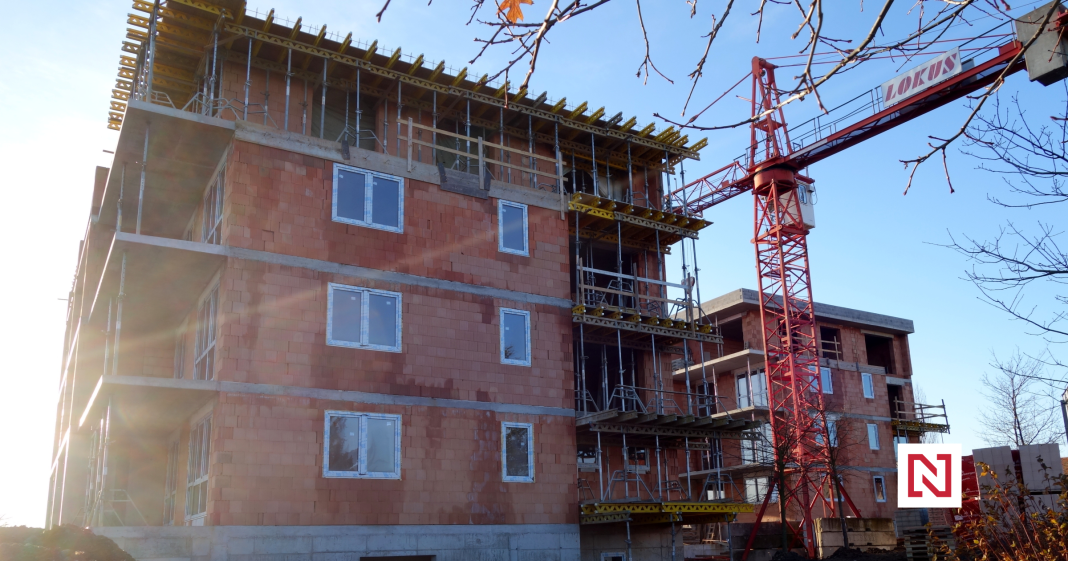The Czech government has announced a new initiative aiming to accelerate housing construction, addressing the ongoing concern of bureaucratic delays. This move comes as experts stress the need for more streamlined processes to tackle the housing shortages faced by the country.
Government’s New Housing Initiative

The newly unveiled plan by the government focuses on increasing the pace of housing construction through various strategic measures. Key aspects of the initiative include financial incentives for developers and tackling legal hindrances that have historically slowed down the approval process for new projects. These efforts are intended to stimulate the housing market and create more affordable living options for citizens.
Prime Minister Petr Fiala highlighted the urgency of the situation, noting that Prague and other major cities are in dire need of rapid housing solutions. The plan aims to double the number of new homes over the next five years, thus alleviating the pressure on the current housing supply.
The Challenge of Bureaucratic Delays

Industry experts have long pointed to bureaucracy as one of the primary obstacles in housing construction. The complex web of permits and regulatory approvals often results in significant delays, with projects taking years to break ground. This not only hinders construction but also increases costs for developers, which ultimately get passed down to consumers.
To address these delays, the government is considering the implementation of a fast-track approval process specifically for housing projects. This proposal has been met with optimism from stakeholders who believe that reducing red tape could lead to a surge in construction activity.
A Call for Sustainable Development

While increasing construction is crucial, urban planners emphasize the importance of sustainable development. The focus should not only be on building volumes but also on creating environmentally friendly communities that provide quality living conditions. Incorporating green spaces and renewable energy sources into new developments is seen as a priority.
Planners are advocating for a holistic approach that combines increased housing with enhanced infrastructure and community services. By doing so, it will ensure that the rapid expansion does not compromise the quality of life for residents.
The Economic Implications of the Plan

The success of the government’s housing initiative could have significant economic implications. An increase in construction activity is likely to create new jobs and stimulate economic growth. Analysts predict that the housing sector will benefit from renewed investor confidence, resulting in increased inflows of both domestic and foreign investments.
However, the plan’s execution will require careful monitoring to prevent potential pitfalls such as oversupply or market saturation. The real estate market’s stability remains crucial for the overall economic health of the country.
Community and Stakeholder Engagement

Engaging with communities and stakeholders throughout the implementation process will be key to the plan’s success. Transparency in communication and considering public input can help address potential concerns about new developments and their impacts on local neighborhoods.
The government intends to conduct public forums and advisory panels to ensure that the interests of citizens, developers, and city planners are aligned. Such collaborative efforts are anticipated to foster trust and cooperation among all parties involved.
In conclusion, the government’s plan to boost housing construction reflects a strategic effort to tackle pressing housing challenges. With the right execution and collaboration, these initiatives have the potential to greatly enhance living conditions across the country.
Source: Official Czech Government website.





